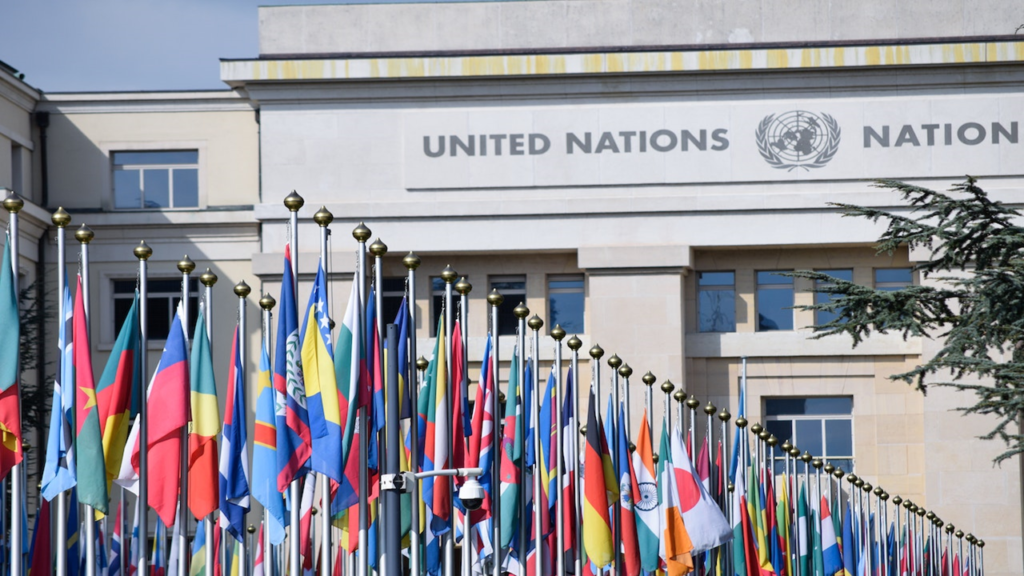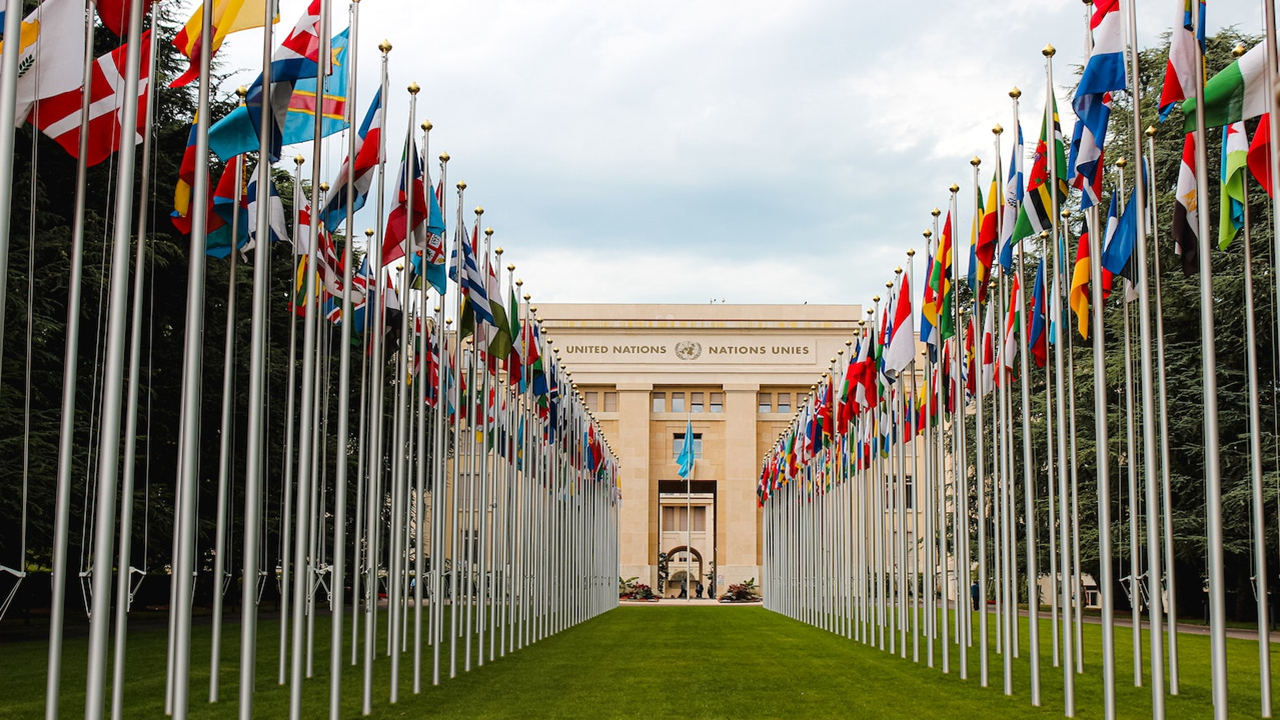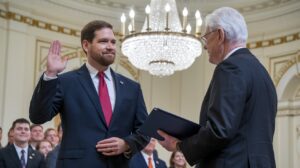President Biden is set to engage in a series of significant diplomatic meetings at the U.N. General Assembly, emphasizing U.S. leadership and addressing various global challenges.
Table of Contents

President Biden steps onto the global stage at the U.N. General Assembly, marking a week filled with pivotal diplomatic interactions. As the world watches, Biden’s engagements with international leaders emphasize the U.S.’s commitment to addressing global challenges and strengthening ties. Dive into a detailed account of these significant meetings and the impact they hold for international relations.
1. Historic Gathering with the ‘Stans’
For the first time, a U.S. president will meet leaders from the five Central Asian nations collectively referred to as the “Stans” – Kazakhstan, Kyrgyzstan, Tajikistan, Turkmenistan, and Uzbekistan. This meeting, scheduled for Tuesday, is expected to draw attention from Russia and China. The agenda includes discussions on regional security, trade, climate, and governance. [cnn.com]
2. U.S.POTUS Biden-Israel Relations: A New Chapter
On Wednesday, President Biden and Israeli Prime Minister Benjamin Netanyahu will convene in New York. This meeting marks their first interaction since Netanyahu’s election victory last year. The two nations have recently faced tensions over Netanyahu’s proposals to reform Israel’s judiciary.
3. Strengthening Ties with Brazil
Biden is also slated to meet Brazilian President Luiz Inácio Lula da Silva. This meeting will be unique as labor leaders will join the discussion, highlighting the importance of worker rights and economic cooperation between the two nations.
4. U.S.-Ukraine Partnership: A Focus on Aid and Security
Ukrainian President Volodymyr Zelenskyy will be hosted by Biden at the White House on Thursday. Amidst the backdrop of Russia’s invasion, the U.S. is considering an additional $24 billion in aid for Ukraine. Last year, Congress approved over $112 billion in assistance. Zelenskyy aims to meet with U.S. congressional leaders to advocate for this crucial funding.
5. The Broader Picture: U.S. Commitment to Global Leadership
Jake Sullivan, Biden’s national security adviser, emphasized the U.S.’s commitment to global leadership. The series of meetings at the U.N. General Assembly underscores this dedication and the nation’s role in addressing global challenges.
This week promises to be a testament to the U.S.’s active role in global diplomacy and its commitment to fostering strong international relationships.
Diplomacy in Action
As the U.N. General Assembly week draws to a close, the series of meetings led by President Biden underscores the renewed vigor and commitment of the U.S. in shaping global diplomacy. These interactions, ranging from historic gatherings to discussions on pressing global challenges, highlight the pivotal role the U.S. plays in fostering international collaboration.
In a world rife with complexities, such diplomatic endeavors are not just symbolic but essential in paving the way for a more interconnected and harmonious global community. The week stands as a testament to the U.S.’s unwavering dedication to global leadership and its vision for a brighter, more collaborative future.





